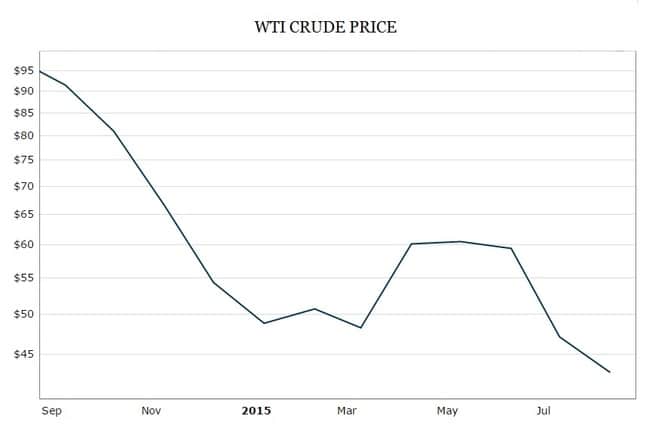Russian Economy Shows Little Sign of Improvement
Russia’s GDP failed to improve as lower oil prices and Western sanctions hamper growth. Oil prices increased in the past year, but not enough for Russia to secure economic prosperity. The Moscow Times notes that the ruble strengthened to over 60% compared to the dollar, but has failed to enhance the economy thus far.





